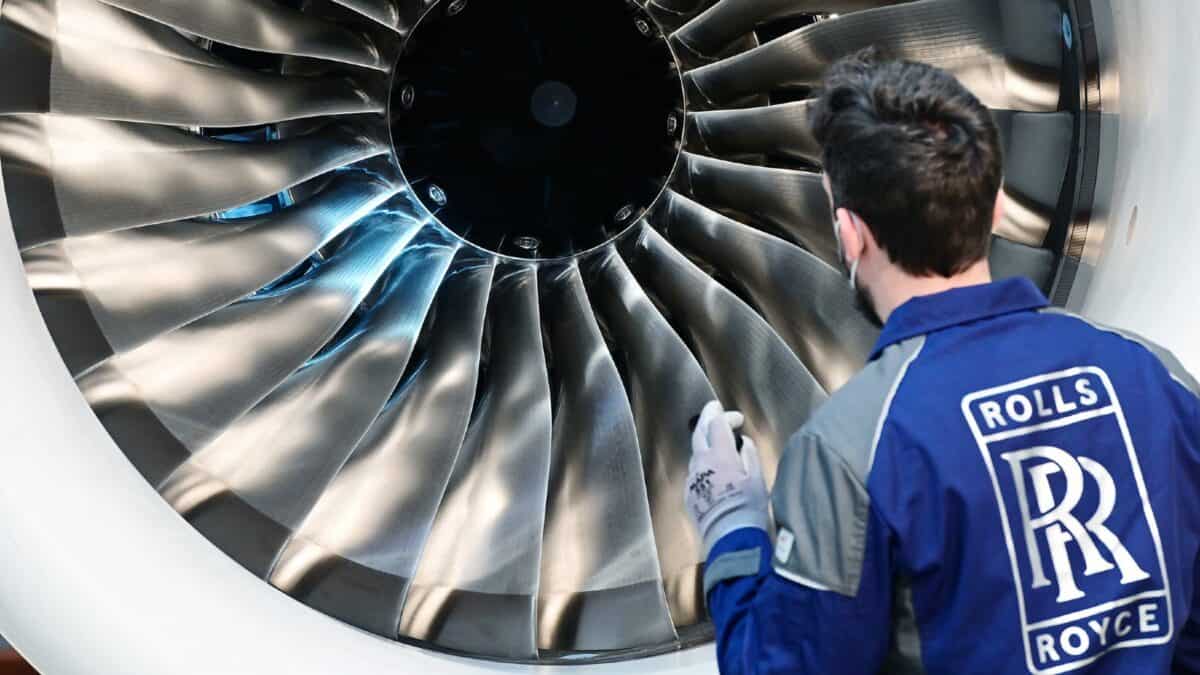I have been thinking about what sorts of shares I could add to my SIPP with an eye to holding them for years, or even decades. One popular FTSE 100 share is Rolls-Royce (LSE: RR). The shares used to be a popular dividend choice. For now, there is no shareholder payout but it may come back in future.
On top of that, the shares have been on a roll. Over the past year, Rolls-Royce shares have soared in value by 170%. That sort of return would certainly be welcome in my SIPP!
Challenging business
However, past performance is not necessarily a guide to what will happen in future. Even after the recent stellar gains, Rolls-Royce shares remain 16% lower than they were five years ago. That period also saw the dividend being axed. What explains that?
A key part of the business is its civil aviation division. That sells engines to airlines and aircraft owners although in fact most of the money comes not from the initial sale but after service. Engines can last for decades and, of course, need to kept in optimum condition. Getting the original manufacturer to do that makes sense for customers as no one knows an engine better than the company that made it in the first place.
The pandemic and government travel restrictions saw civil aviation demand plummet and it is only now recovering fully. That was bad for revenues and profits at Rolls. The engineer issued new shares to raise money, diluting existing shareholdings.
One risk I see with Rolls-Royce is that interruptions to civil aviation tend to come along every now and then. Before the pandemic we had volcanic eruptions, terrorism and other demand shocks. I expect more in future.
Limited competition
When investing for my SIPP though, I am taking a long-term view. I expect aviation demand to continue growing over the long run. Making engines is a specialised, cost-intensive business. That means few companies do it – and one of the biggest and best is Rolls-Royce. Such an industry structure gives companies like Rolls pricing power.
That said, even before the pandemic, profitability at the business was inconsistent. Although it has been cutting costs lately, the company has a lot of fixed costs. That and swings in demand mean it is difficult to be confident about future profit margins.
Looking for alternatives
That helps explain why I am not too excited about the prospect of adding the shares to my portfolio.
Even after the past year’s price movement, the shares still trade on a price-to-earnings ratio of 13. But the structural economics of the business make me concerned about the future consistency and size of earnings at the firm.
Meanwhile, I think other FTSE 100 shares currently look attractively valued and potentially offer me more transparency on likely earnings over the next few years.
For that reason, I have no plans to add Rolls-Royce stock to my SIPP.







